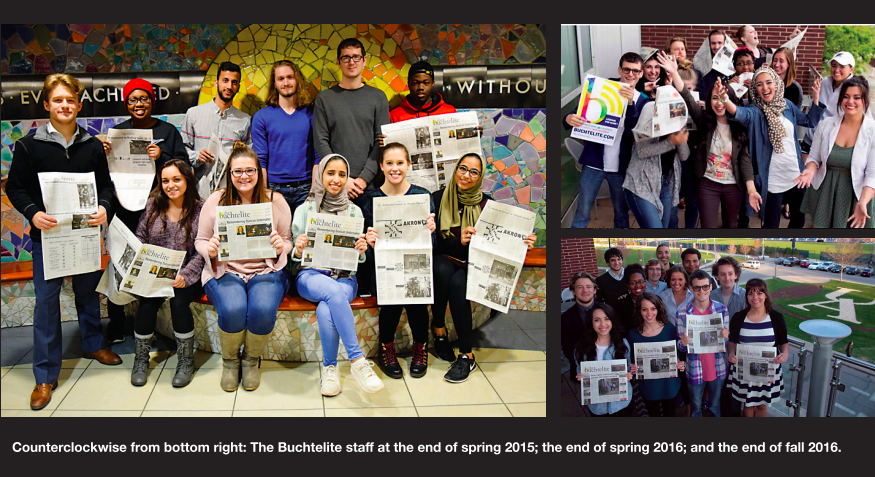“Lofty expectations can be a horrible thing. Just ask Conor Oberst, the lynchpin behind experimental folk outfit Bright Eyes. Oberst’s popularity skyrocketed with Lifted or The Story is in the Soil, Keep Your Ear to the Ground released in 2002. That album showed him to be a quality lyricist but proved he had plenty of room to grow.”
“
Lofty expectations can be a horrible thing. Just ask Conor Oberst, the lynchpin behind experimental folk outfit Bright Eyes.
Oberst’s popularity skyrocketed with Lifted or The Story is in the Soil, Keep Your Ear to the Ground released in 2002. That album showed him to be a quality lyricist but proved he had plenty of room to grow.
After Lifted, many called Oberst the next Bob Dylan, but he simply didn’t have the resume.
He followed up Lifted with two lackluster albums in 2005. I’m Wide Awake, It’s Morning was more of the same, just not at as high of a level. The other album, Digital Ash, In a Digital Urn, was an experiment in electronic that didn’t work.
Oberst, proving to be quite prolific and resilient, has also released several EPs since Lifted came out. Still, none of his subsequent work could match Lifted.
That is until his sixth full-length album, Cassadaga, in stores now. Named after a Florida spiritualist community, the album has a strange opener in Clairaudients. The song is only a clairvoyant talking with orchestral music in the background.
Most Bright Eyes albums start strangely like this before leading into a song. The first track leads in to Four Winds, the first single off Cassadaga. The imagery in Four Winds proves that Oberst has his writing chops back as he graciously paints a picture of downtrodden Mexico with his words.
Lyrically, Oberst, who amazingly is just 27, sounds much more mature than his age. Vocally, Oberst tends to be whiny, which is usually masked by the mature vocals.
The Omaha native’s lyrics aren’t adventurous or daring but are about worldly issues. The accompanying music of pedal-steel guitar, woodwinds and a glockenspiel parallel the lyrics, but it mixes surprisingly well.
Still, the focal point of Cassadaga is Oberst’s lyrics. Few musicians can spin analogies like he does. Instead of relying on self-deprecation like on previous albums, the lyrics tackle political issues.
However, Oberst allows the political allegories to be loosely interpreted.
It is in this same way that Oberst’s young career can be perceived. No longer should Oberst be looked at as the next Dylan, though.
With Cassadaga, he can stand as his own musician who has grown into his own.
“

